2-Day Advanced Acceptance and Commitment Therapy-Your Essential Guide to Clinical Application and Integration of ACT Across Diagnoses – Michael C. May
$45.00
2-Day Advanced Acceptance and Commitment Therapy-Your Essential Guide to Clinical Application and Integration of ACT Across Diagnoses – Michael C. May Down…
Salepage link: At HERE. Archive:
This program is the essential guide to actually using ACT with your clients.
Acceptance & Commitment Therapy (ACT) has long been established as effective in treating clients with a variety of clinical diagnoses.
But learning about the six core processes of ACT and applying those concepts in session are two very different things.
Buy this two-day experiential ACT training course recording, and instead of relearning the basic ACT processes, you’ll leave able to skillfully use ACT to treat your clients.
ACT expert and clinician, Michael C. May, MA, LCPC, will teach you how to overcome common issues clinicians have when using ACT, and he’ll address the most frequently asked questions he receives from other clinicians about implementing ACT in session.
You’ll hone your skills and finish this program able to:
- Use ACT to treat your clients, regardless of diagnosis
- Seamlessly integrate ACT with other modalities
- Troubleshoot & resolve in-session issues
- Create your own ACT metaphors & exercises to individualize treatment
- Boost client engagement & reduce resistance
FREE Materials For Your Clinical Toolbox!
- Psychological flexibility assessment
- Go-to defusion exercises handout
- Case conceptualization form
- ”Undermine the Control Agenda” worksheet
- Analyze the relationship between behavioral principles and the core ACT psychological flexibility processes as it relates to case conceptualization.
- Create a treatment plan based on the processes of psychological flexibility, rather than clinical diagnosis, to improve treatment outcomes.
- Respond to client displays of cognitive fusion and experiential avoidance in a clinical setting.
- Construct metaphors to address psychological inflexibility and improve clinical outcomes.
- Integrate defusion and cognitive restructuring exercises in session to assist clients in handling automatic cognitions.
- Distinguish rule-governed behavior from values-based behavior to inform clinical treatment interventions.
- Evaluate the relationship between rule-governed behavior, cognitive fusion and experiential avoidance and its clinical implications.
- Integrate ACT processes, such as contact with the present moment, with exposure therapy to improve treatment outcomes.
- Utilize values clarification, defusion and acceptance exercises along with behavioral activation to increase values-aligned behaviors and improve client level of functioning.
- Demonstrate ways to integrate ACT processes with other modalities, such as skills training or habit reversal training, to improve clinical outcomes.
- Employ ACT exercises and metaphors to move beyond clients’ clinical “crisis of the week,” address psychological inflexibility and improve client level of functioning.
- Utilize ACT processes, such as acceptance and defusion, to address resistance and improve client engagement.
THE ACT MODEL: A BRIEF REVIEW
- Functional Contextualism
- Hexaflex & Inflexahex
- Relational Frame Theory (RFT)
- Empirical support for ACT
- Limitations of the research & potential risks
FAQ 1: “How would I use ACT for…?”
- Convert the DSM® into psychological inflexibility
- Differentiate topography & function of behavior
- Attend to the ABCs of behavior
- Spot the toxic twins: Fusion & avoidance
- Which ACT process are you targeting in session?
- Exercises & Demonstrations
- Exercise: Functional analysis as mindfulness
- Video demo: PTSD
- Skills Training: Spot experiential avoidance
FAQ 2: “Does ACT have any metaphors or exercises for…?”
- How metaphor functions in ACT
- Experiential learning vs. psychoeducation
- Key components of ACT metaphors
- Create your own metaphors
- Exercises & Demonstrations
- Exercise: Confront the control agenda
- Exercise: Use of embodied metaphors
- Exercise: Flexible perspective-taking
- Video Demonstration: MDD
- Skills Training: Create an ACT Tool-Box
FAQ 3: “Can I use ACT with CBT?”
- Cognitive restructuring vs. defusion
- How to bring restructuring & defusion together
- Create experiential learning for your client
- Recognize rule-governed behavior
- Foster behaviors that are in line with values
- Pick go-to defusion exercises & metaphors
- Exercises & Demonstrations
- Exercise: What your words evoke for clients
- Exercise: Having vs. wrestling with thoughts
- Video Demonstration: OCD
- Skills Training: Spotting cognitive fusion
FAQ 4: “Can I integrate ACT with other modalities?”
- Exposure Therapy
- Should you use the SUDs scale?
- Alternatives to SUDS scale
- Integrate ACT & exposure for trauma
- Merge distress tolerance with exposure
- Behavioral Activation
- Make behavioral activation experiential
- Utilize values to inform activity scheduling
- Use defusion to undermine motivation issues
- Apply acceptance to erode emotional reasoning
- Other Approaches
- Skills training for social anxiety
- Habit reversal training for compulsive behaviors
- Contingency management for substance abuse
- Exercises & Demonstrations
- Video Demonstration: Panic Disorder
- Skills Training: Integrate ACT into your practice
FAQ 5: “The client’s progress has stopped. What should I do?”
- Spot avoidance in your own responses
- Undermine the “only one right way” agenda
- Address the clinical “crisis of the week”
- Exercises
- Exercise: Spot aversive control in your behavior
- Exercise: “Nothing is working”
FAQ 6: “How can ACT increase client engagement & reduce resistance?”
- Model ACT processes for the client
- Utilize ACT to boost engagement
- Acceptance of the client’s truth as it is
- Create a relationship that is non-hierarchical
- Acceptance & defusion to address resistance
- When you shouldn’t try to persuade your client
Here's an overview of the prominent keywords and a list of famous authors:
Business and Sales: Explore business strategies, sales skills, entrepreneurship, and brand-building from authors like Joe Wicks, Jillian Michaels, and Tony Horton.
Sports and Fitness: Enhance athleticism, improve health and fitness with guidance from experts like Shaun T, Kayla Itsines, and Yoga with Adriene.
Personal Development: Develop communication skills, time management, creative thinking, and enhance self-awareness from authors like Gretchen Rubin, Simon Sinek, and Marie Kondo.
Technology and Coding: Learn about artificial intelligence, data analytics, programming, and blockchain technology from thought leaders like Neil deGrasse Tyson, Amy Cuddy, and Malcolm Gladwell.
Lifestyle and Wellness: Discover courses on holistic health, yoga, and healthy living from authors like Elizabeth Gilbert, Bill Nye, and Tracy Anderson.
Art and Creativity: Explore the world of art, creativity, and painting with guidance from renowned artists like Bob Ross and others.
All the courses on WSOlib are led by top authors and experts in their respective fields. Rest assured that the knowledge and skills you acquire are reliable and highly applicable.
Specification: 2-Day Advanced Acceptance and Commitment Therapy-Your Essential Guide to Clinical Application and Integration of ACT Across Diagnoses – Michael C. May
|
User Reviews
Only logged in customers who have purchased this product may leave a review.

$45.00

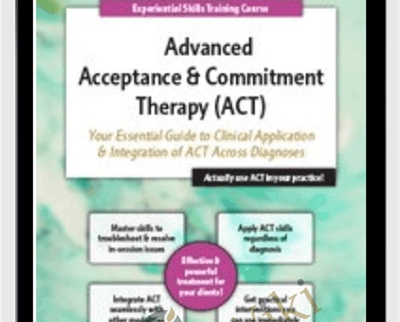

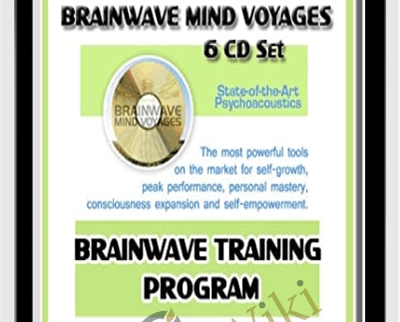
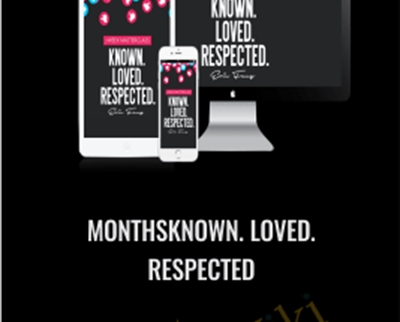

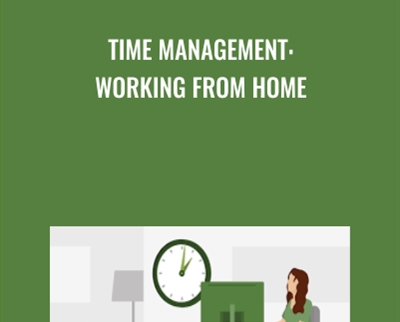

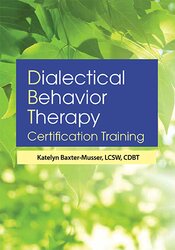
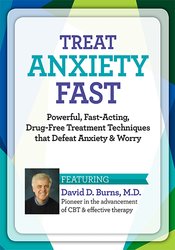
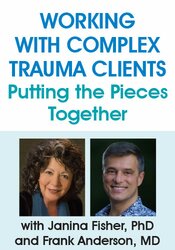
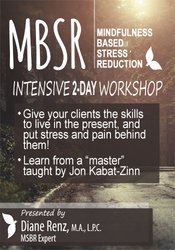
There are no reviews yet.